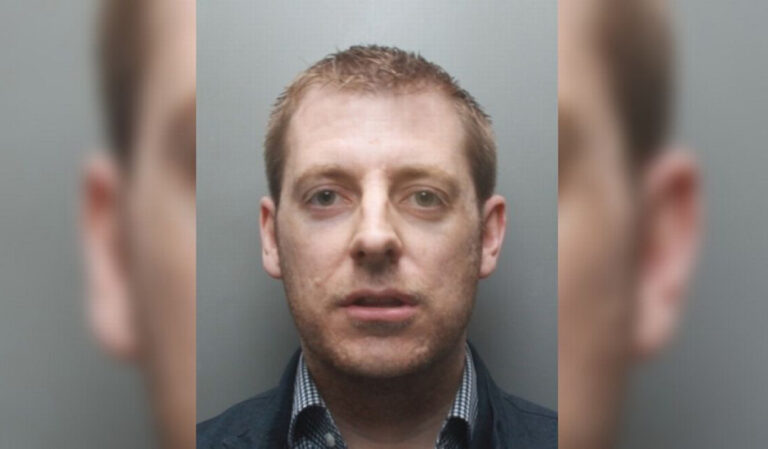British headteacher who attempted to sexually abuse 131 kids jailed for only 20 months

British headteacher Nicholas Clayton, 38, from the Wirral—a peninsula located predominately in North West England with a small area in North Wales—used Facebook Messenger to contact children as young as 10, asking for photos and attempting to sexually abuse them.
It is believed that Clayton groomed at least 131 children worldwide while working at a school in Iraq. And yet he’s only been jailed for 20 months.
Clayton was caught after asking a 13-year-old boy from Cambodia for photos of his naked upper torso and arranging to pay for the child to travel to Malaysia so that they could meet. At the time, the National Crime Agency (NCA) received intelligence about the communication and arrested the 38-year-old teacher when he returned to the UK.
That’s when investigators found evidence that Clayton had been messaging hundreds of boys from across the globe, spanning the Philippines, Sri Lanka, Singapore, Thailand, Indonesia, Iraq, Morocco, Turkey and others over a period of just three months.
He appeared at Liverpool Crown Court on 23 August where he admitted to three counts of sexual communication with a child under 16 years and one charge of inciting the sexual exploitation of a minor.
On Tuesday 20 September, Clayton was sentenced to 20 months imprisonment and made the subject of a sexual harm prevention order for 15 years.
The case, being the latest one of many others, has prompted new calls for tougher regulations from Meta, which owns Facebook, and is allegedly looking to introduce end-to-end encryption that will “blindfold” authorities to similar predators, according to the National Society for the Prevention of Cruelty to Children (NSPCC).
Andy Burrows, head of child safety online policy at the charity, said: “Clayton’s case highlights the ease with which offenders can contact large numbers of children on social media with the intention of grooming and sexually abusing them.”
“Private messaging is the frontline of child sexual abuse online. It’s therefore concerning that Meta plans to press on with end-to-end encryption on Facebook Messenger, which will blindfold themselves and law enforcement from identifying criminals like Clayton,” he continued.
“The UK government can show global leadership in tackling online child abuse by delivering without delay a robust Online Safety Bill that embeds child protection at the heart of every social media site,” Burrows concluded.
The Online Safety Bill, which aims to protect children from an array of harmful content, is a proposed Act of the Parliament of the UK that was initially published as a draft on 12 May 2021. Since then, new Culture Secretary Michelle Donelan has announced that there are no plans to water down the proposals for new internet safety laws, which Burrows welcomed as “really encouraging.”
But what exactly will count as legal but harmful material will be outlined in secondary legislation. Platforms “likely to be accessed by children” will have to protect them from inappropriate or harmful content such as posts promoting self-harm or eating disorders.
Meanwhile, a Facebook spokesperson commented on the Clayton case, saying: “We have no tolerance for child exploitation on our platforms and are building strong safety measures into our plans.”
It continued, “We’re focused on preventing harm by banning suspicious profiles, defaulting under-18s to private or ‘friends only’ accounts, and more recently introduced restrictions that stop adults from messaging children they’re not connected with.”
“We’re also encouraging people to report harmful messages to us so we can see the contents, respond swiftly and make referrals to the authorities. As we roll out this technology we’re taking our time to get it right and working with outside experts to help keep people safe online,” the statement concluded.
Indeed, you’re taking your time alright…





